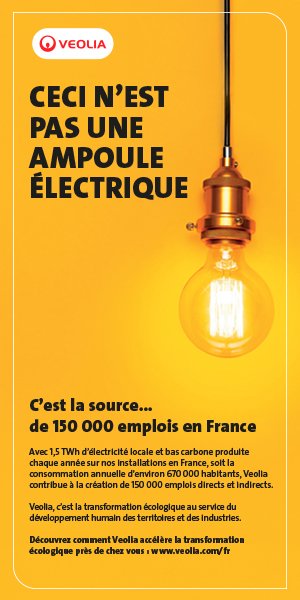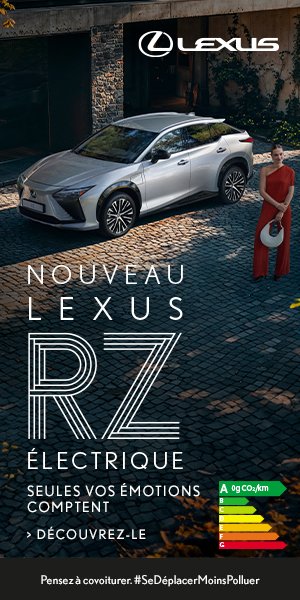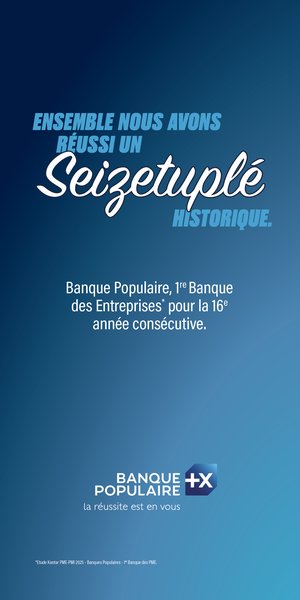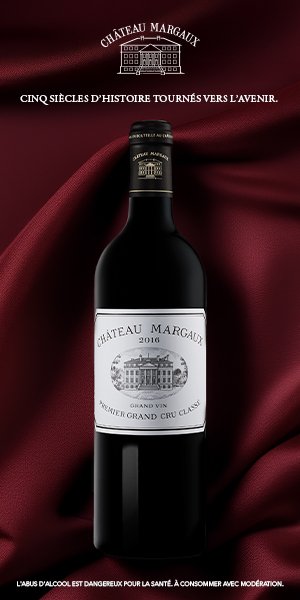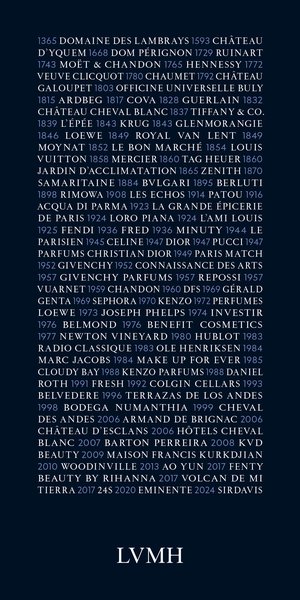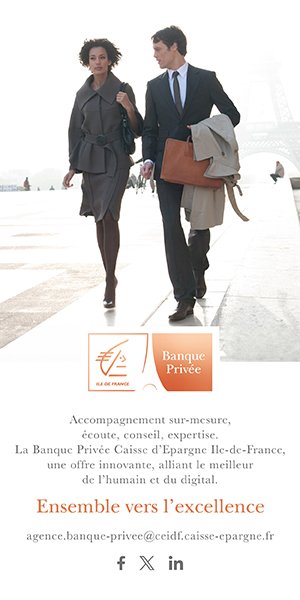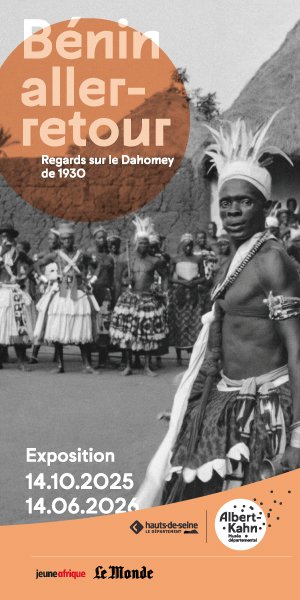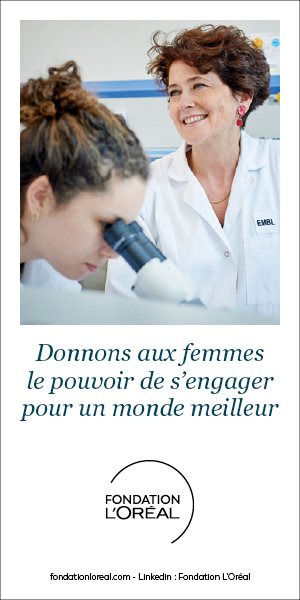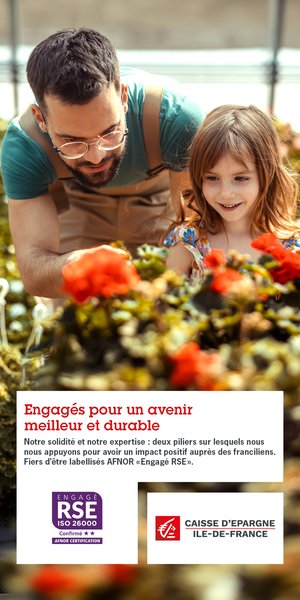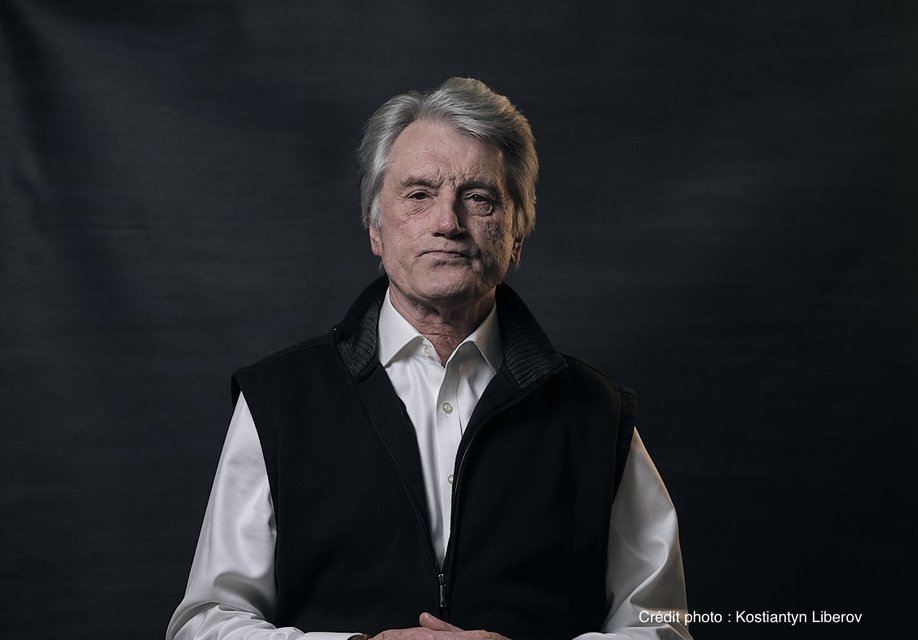
Viktor Yushchenko was born in 1954 in the village of Khoruzhivka, in the Sumy region of northeastern Ukraine. An economist by training, he pursued a career in banking before being appointed governor of the National Bank of Ukraine in 1993, where he played a central role in the country's monetary stabilization after independence.
In 1999, he became prime minister and then founded his own pro-European coalition, "Our Ukraine." During the 2004 presidential election, he became the central figure of the Orange Revolution, a massive protest movement against electoral fraud, which led to the organization of a new, transparent second round of voting, from which he emerged victorious.
President of Ukraine from 2005 to 2010, Yushchenko championed Euro-Atlantic integration and the affirmation of a Ukrainian identity independent of Moscow. In 2008, he signed the Strategic Partnership Charter with the United States. He was poisoned with dioxin during the 2004 campaign, leaving visible scars on his face that made him a symbol of resistance. At the end of his term, he retired from active political life but continues to intervene regularly in public debate.
C. A.
$Cyrille Amoursky — When you were president, were you aware of the danger posed by Russia?
Viktor Yushchenko — Before I answer that, let me explain what Russia really is. Not just Russia of the last 20 years, but Russia throughout history. It is important to understand that its main export is not gas or oil: it is war. Whether under Peter the Great, Catherine II, or Putin the Little, this country has never stopped practicing violence, subjugation, and the eradication of the independence of others.
There is not a single Ukrainian today who has not experienced war with Russia. The one we are currently experiencing is the 25th in our history. As long as the regime of this thug from St. Petersburg remains in power, no change is to be expected.
Russia is a country without political freedom, without a free press, without a vibrant opposition. A country where the Duma is nothing more than a rubber-stamp chamber capable of deciding overnight to wage war against London or Paris. Today, in Russia, simply walking down the street with an A4 sheet of paper can be enough to get you arrested. And if it bears the words "peace" or "war," prison is guaranteed.
C. A. — Did you feel that European leaders really understood the struggle that the Ukrainian nation is fighting?
V. I. — Ukraine is a nation that was deprived of its sovereignty for 400 years. While others disappeared completely, we continued to pass on a dream: that of living in a free state. This dream was like a pipe dream. And yet, we rose up six times in the 20th century to proclaim our independence (1).
Our neighbors — the Poles, the Balts, and even some Scandinavian countries — did not experience such a long separation from their states. And yet, despite this, we always maintained our desire to be free.
But the Russians did everything they could to destroy our state: they stole our language, our Church, our memory, our history. In 1918-1919, Lenin wrote to the Russian commander Frunze that "losing Ukraine is like losing your head." He added: "Never let the idea take root that a sovereign Ukrainian state could be reborn." Russia has never accepted our existence.
That is why, even if Europe does not always understand it, our resistance is vital. It is not a passing reaction. It is the response of a nation that has been under attack for centuries. And it is also a warning to the world: if we fall, others will follow.
C. A. — Did you warn European countries about the Russian threat?
V. I. — Yes, on several occasions. I have always emphasized Ukraine's European roots. I say this without contempt for other civilizations, but our culture, our history, our trajectory come from Europe. Since the time of Rus', there has always been only one capital: Kyiv. Not Moscow. The rulers of Kievan Rus' were called the "sons-in-law of Europe" — they were related by blood …
This website is freely accessible. To continue reading, you need to register an account.
I already have an account
I create my account
This will be your personal account where you could consult anytime :
- Order history
- Links to purchased magazines, articles, or interviews
- Personal informations

